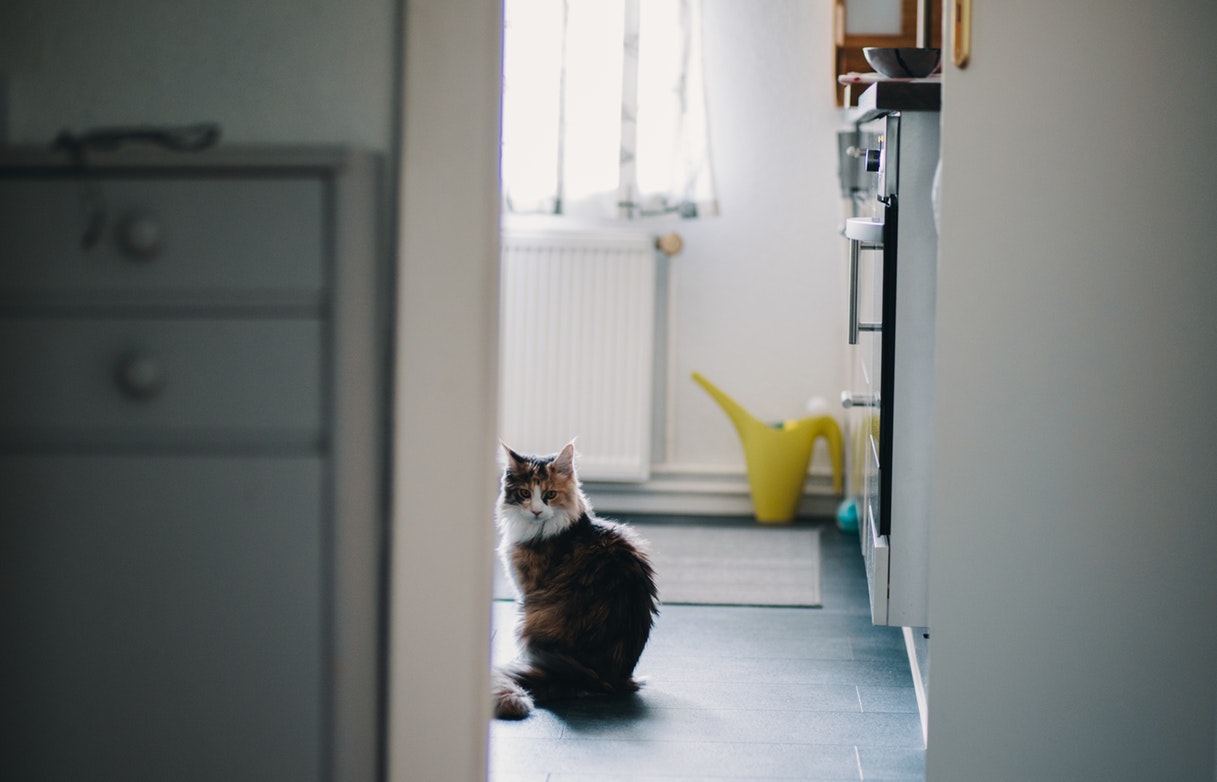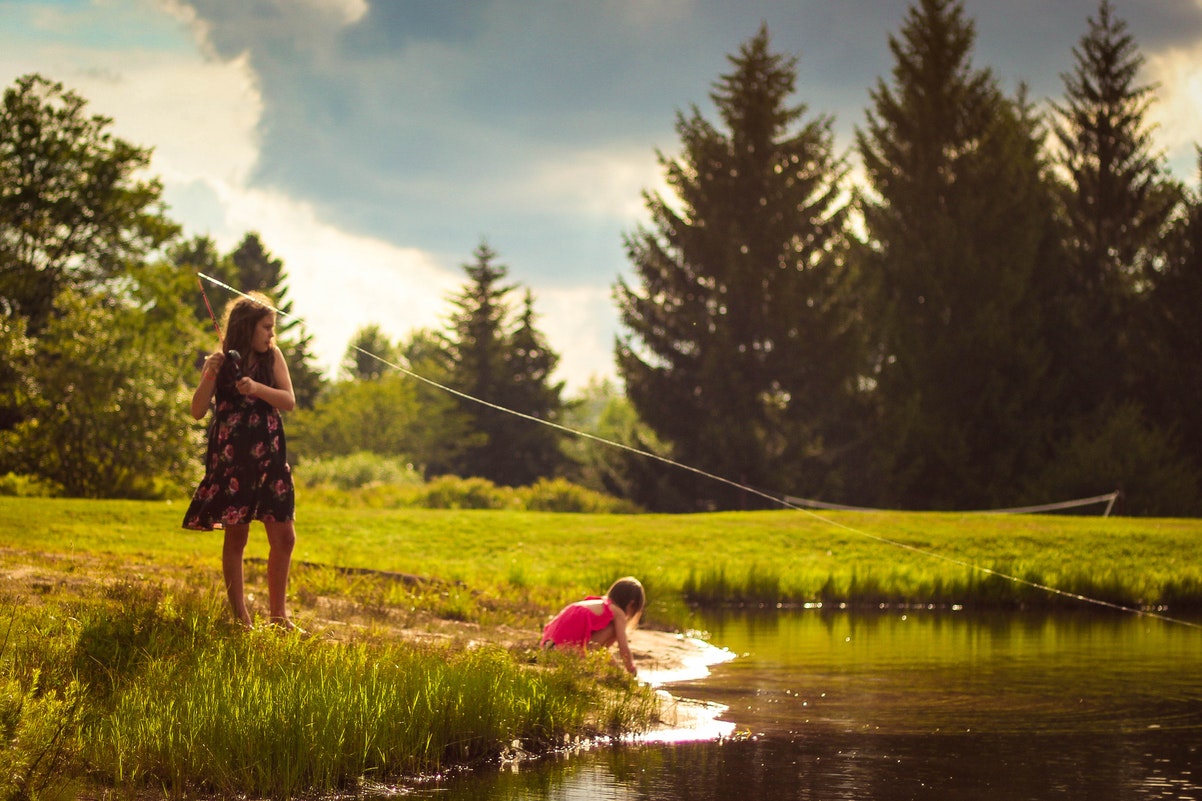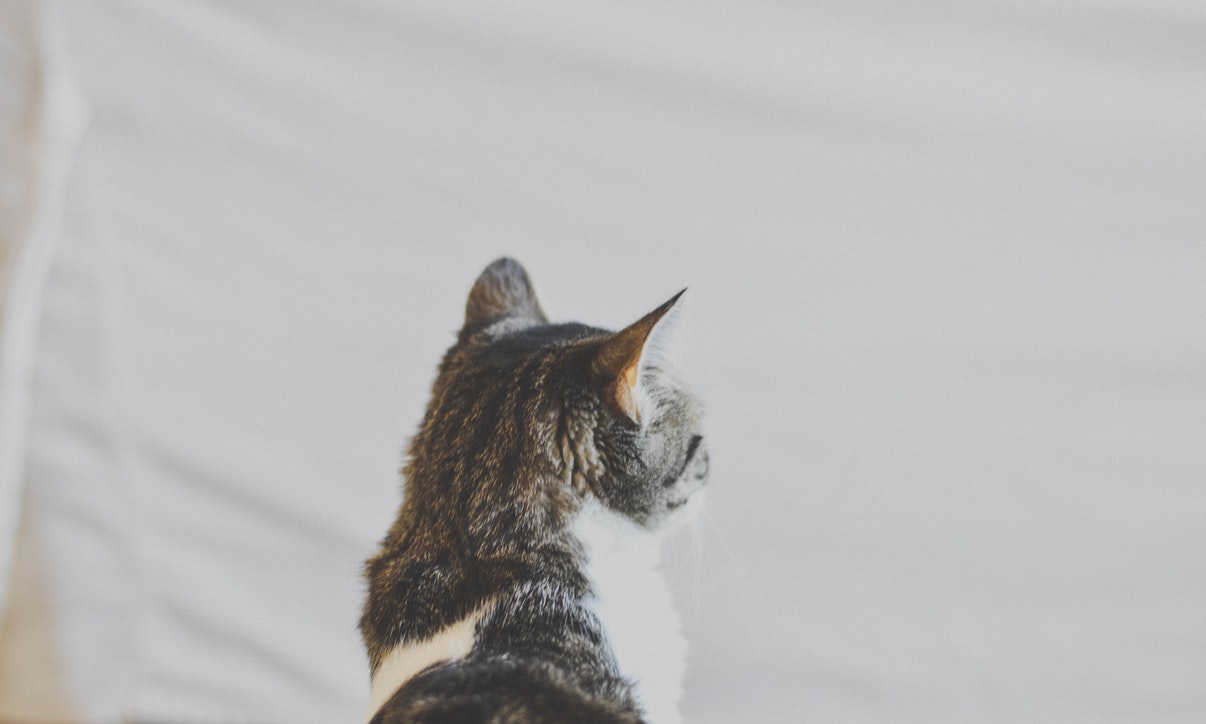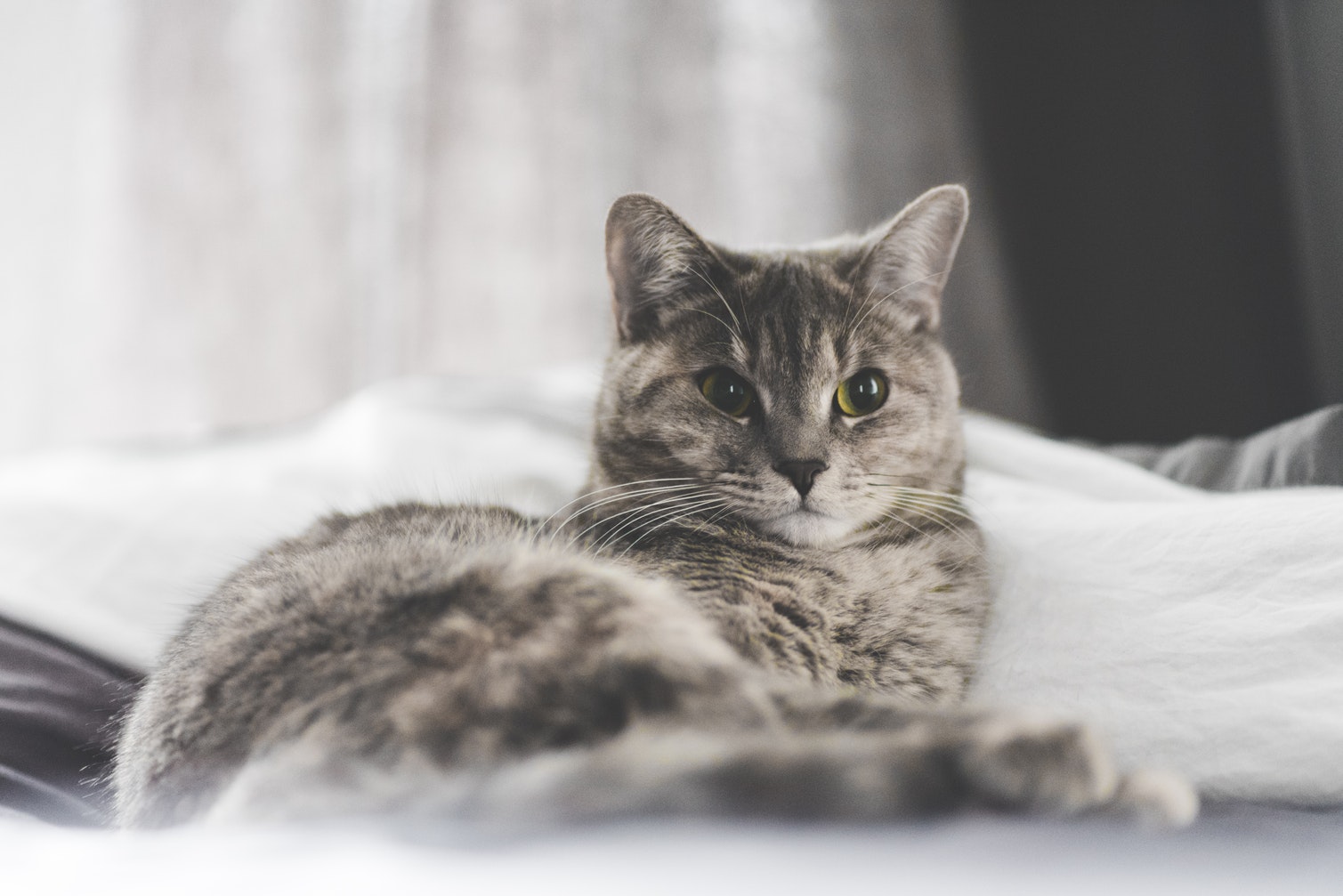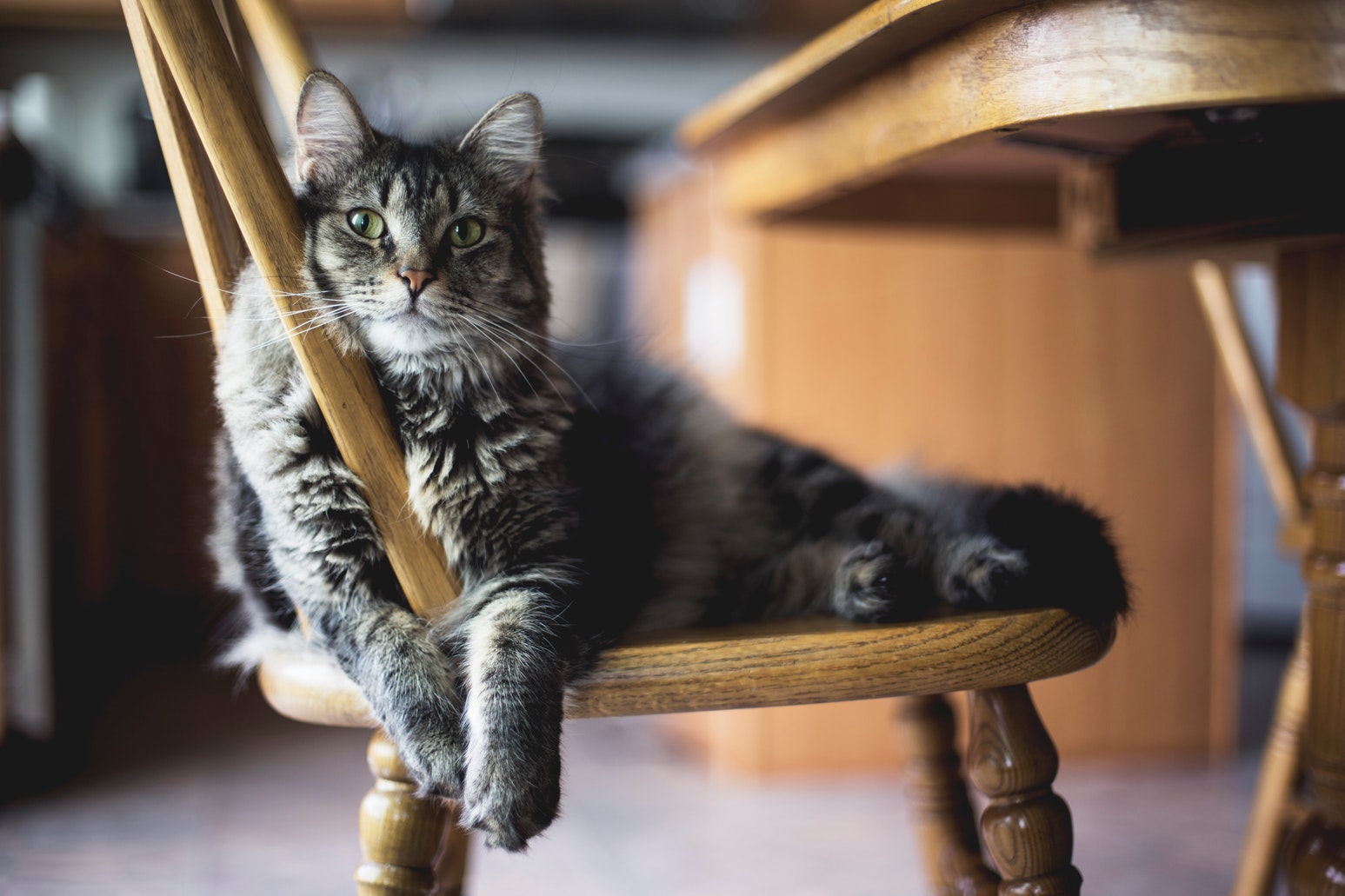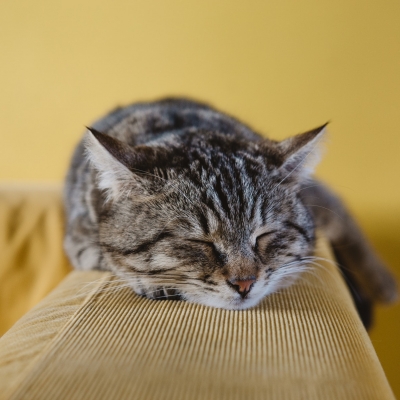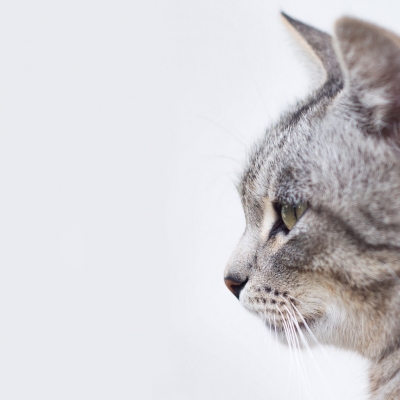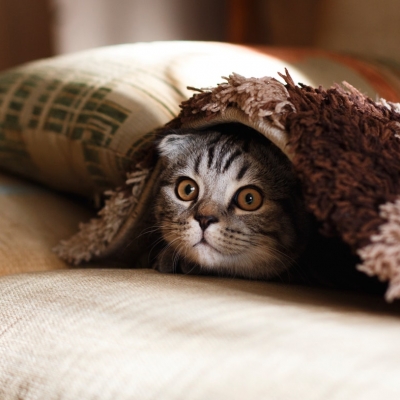In Norse culture, it's actually very good luck to give a bride a kitten as a wedding present! It's believed that the kitten would help with the transition and protect the new home of the couple.
When my sister and her husband first got married they wanted to get a Maine Coon for this very reason. They contacted about eight different breeders with the hope of securing a place on their lists. Maine Coon kittens are rare in the Midwest and finding a breeer is a challenge. If you want to purchase a cat from a reputable breeder (and if you have to purcahse one in the first place, instead of rescuing one) it is definately going to be expensive. Even if you don't get the top tier kitten, one that doesn't adhear to all of the standards you will be paying at least $400. But that is rare and you will probably be paying closer to $800!
Maine Coon cattery's are not all that common so anticipate putting down a deposit (between $100-$250) and being put on a wait list. Some of the people I have been in contact with have kittens and some will not have litters until spring/summer.
I say this because a lot of people will tell you they have MCs, but what you are getting is a mix. If you want to make sure that you're getting a Maine Coon you are committing to a big upfront expense.
I don't say this to dissuade you, but you should realize that around here they go through as an exotic breed.
Now, of course that doesn't mean that you can't get a certified Main Coon. You can, but you will have to go at it differntly. Shelters are a wonderful place to find even the most exotic cats. People give out huge amounts of money for a pet and then end up dumping them. I think that this is sad on one hand, but all around this is the best thing for the petcat. Rescues are easy to find, search for terms like "Maine Coon rescues" along with your area, or just start looking online at the webpages of local shelters to see if they have a cat that looks like an MC. But shelters know that MC's are really popular right now, and they'll call anything an MC mix as long as it has some long hair.
One way to find a breeder is to look for ones that own a certified "cattery," search either Maine Coon cattery or Maine Coon breeders in your area.
My sister and brother-in-law contacted all of the breeders they could find in surrounding states here in the Midwest just to compare prices and keep all of their options open.
The bought one blindly, and while it worked out great for them, I would personally like to meet a kitten I am about to adopt. I have heard that it is common practice for catteries to keep your deposit until you prove that the kitten has been neutered.
Do your research, if you find a "Maine Coon" on Craigslist or something of that nature, be aware there is a strong chance it isn't a purebred Maine Coon. As I have said, they are rare in this part of the US.
If you have any other questions or anything, let me know!
Food is fuel, and your cat needs quality fuel to stay healthy.
One rule of thumb that we go by is that we make sure that we are feeding them food that does not contain:
- Grains
- Chicken meal
- Or other animal by products
- Minimal vegetables
- This includes all non-meat products
Wet cat food is best for your pet, and quality wet food does not cost too much more than the cheap stuff, especially when you factor in that quality food requires that you feed them much less since it is mostly quality protein instead of fillers. We stay away from dry food since it contributes to urinary and digestive infection, disease, and obesity.
A lot of dry food are filled with calories. Try and avoid them since when your pet gets the amount that they need, their little tummies will still be left empty and they will have the sensation of being hungry. Another one that we avoid, and our kitties love it is fish. They really don't get everything that they need out of the fish, it is addictive, and they may be exposed to mercury.
If your pet is hooked on dry, switch to scheduled feedings instead of the free standing food. This is a good practice anyway since they will get picky when you let them have free standing food. In the event that you need to switch foods, if the cat is used to the free standing food they may be hard to switch. One way to do this is to go to scheduled feeding times and mix in the new food (half-half at first) and then change the proportions until you have transitioned to the new food.
Here is what I focus on when I look for a new food:
- Quality wet food, with a high-quality protein source
- (Little to) no grain
- Balanced calories
There are foods that are purchased dry, but work like wet food. The Honest Kitchen makes one in which you simply add water and reconstitute the food. As for price, it is comparable to canned food so if you are looking for savings they won't be there.
My largest issue with grains, is that they are not going be able to process them. Most animals that we feed grain, and that is the majority of animals, cannot process it like most people assume. We feed them grain because it is cheap, not because it covers their dietary needs. Still, in recent years there has been a backlash against forcing animals to eat things that they never would come into contact with if their were wild. Corn for example is common is so many pet foods, but it is something that they would never eat, yet it is very high in most of the ingredients list when you look through the pet aisle.
This may work to some extent for dogs, I am not sure how much damage it does to the since they are omnivores. Cats are carnivores, and when I say carnivores I mean it, they need a protein based diet to function and stay healthy. Grains should not make an appearance in their lives.
Food is fuel, and your cat is depending on you to provide it!
I love my pets to death, and the thought of being without them for a prolonged period of time seems like a really tragedy (for myself, but them as well) so if I had to make the choice of transporting them around the globe or leaving them at my parents (who I know would love them) I would probably go wit the unknown and take them with me.
This all comes up because there was a position in my husbands company that had freed up. The only catch was that you would need to live outside of the country for 18 months. While I love to travel, and the chance to live abroad seems like a nice way to see the world I just feel like we would have to leave so much behind. And our cats are like our children, I would miss them dearly. So as we discussed the opportunity we decided in the end to let it pass us by.
I couldn't imagine what it would mean for other aspects of our lives as well. We would have to keep the house, but that means that we would be financing another home elsewhere and still paying the mortgage here. That was a long list.
One that proved to bring in little extra income since our expenditures would be higher.
This was all okay, at least for the chance for a little adventure.
But the unknown aspect about my cats, that was what scared me the most, it was something that led me to many sleepless nights as we weighed he opportunity.
What I learned is that they would go into quarantine, they would actually be placed with other animals that "may" be sick and that was anywhere from 30 or more days. I am afraid that they might not have made it. Or they would have thought that we abandoned them. I was told by our vet to USDA website and read up on what needs to be done in order to get your pet to the place of travel. And I was amazed at how much this varied.
Not to mention that it was going to be the same thing bringing them back. They would have spent a lot of time in quarantine by the time our adventure was over.
Now that the position is gone I have actually slept the best I have in over a month!
I am all about adopting over purchasing. The reason is simple, I think that all cats deserve a chance at happiness and those at a shelter or rescue may have had a bad life up until that point. If I am able to give them happiness I am happy!
But this comes with a price.
I am blessed that my cats have never had any major medical issues, not even dental issues.
Yet that does not mean that cats do not cost money. They do. Think about the initial shots and checkup that you will need. This can cost around $150, but in some states it might be much higher. Here in the Midwest things are pretty affordable.
Once you have your basic costs covered you will have the periodic check-ups, these also cost money and your milage may vary. And then there are the major complications, in most instaces they are going to be very expensive. Some choose not to and let there pet be put down. If your cat has become part of your family could you imagine letting them get put down? The thought is immpossible for me to even consider.
Of course my answer is no!
Those are all aspects that pertain to your cats health, but there are plenty of other expenses for a cat.
Toys are important for your cat's mental and physical health. You will not always be buying toys, but they will be unique to you and your cat which means that you need to spend time finding toys that fit your play style. While you may be able to find things you already on hand (many cats love the random things that we have in our homes), they will have to amuse them and engage them in play. On top of that they will also have to be safe to play with. When you buy toys you are trusting that this aspect of the toy has been considered.
Food and litter is an on going cost. Food is also important. Wet is better than dry. And high quality protiens are important for your cat's health. Don't buy cheap food and have their health be compromized by fillers.
A good rule to go by is the amount needed a day. The cheaper quality food will have a hight number of bags per day count. In the end you get what you pay for, and a cheap food will often cost you as much a better quality one.
Litter is important. If your cats hate it, they won't use it. And nobody wants that!
Even if you adopt your cat you will still have to pay for the adoption. If your cat is a recognized breed the price will be higher.
As you can see there is a price to happiness.
In all seriousness, this post is going to be about something that has bothered me in the past.
Kids and cats.
I have had cats for almost all of my life - ever since I was small I loved their furry little faces - and over the years we have had a number of different kinds. I think that I have such a good repertoire with them since I was introduced to them in a responsible way. My parents din't thrust a frightened kitten into my lap.
We built a relationship and they (my parents) helped me understand what a feline personality was, and was not. And while many people will just say that it comes down to the personality of the individual cat, in my experience it comes down more to the personality of the person taking care of said cat.
While this is not always possible, very young children and kittens are basically both just babies, and you should understand that both will make mistakes. If you get a kitten, and please understand - you are taking on a big responsibility - you need to train both your kids and kitten.
For those of you that think kitty training is too much work, there is always an older cat. And an older cat (one that has gotten more relaxed - usually over two years of age) - you could/should look for it at your local shelter. Many people feel that they are second hand cats. But the truth is that we treat these beautiful animals like a piece of furniture, when the color doesn't work anymore they recycle them.* I also feel that the ones in the shelter give you a more clear idea of how they will be in your home. When you get a kitten you will generally be placed on a list, and when the next litter is there, you will get a call that you can pick your cat up in eight weeks. Okay, that is not the exact flow, you may get to pick "the cat" out, by photo or otherwise, but in the end you are just getting the luck of the draw. Have your children accompany you, look at how the cats react. If they come up to you and ask for pets or rub against the cage unafraid you have more of an idea of what their personality is like, than by looking at photos.
No matter what type of cat you get you will need to monitor your kids with the cat. This is often a mistake people make when thy have not had prior experience with cats. Correct them immediately if they do something that has a potential to disrupt the cat and make it aggressive. Things like pulling the cat's tail or ears, or bothering the cat when it shows that it wants to be left alone can be mostly avoided if you supervise the "play dates." If the cat is eating make it clear that they do not bother the cat.
From the cat's perspective we are all big and scary. Kids are also loud. Even the smallest child is big and scary to a tiny kitten, combine that to one that has been brought into an unknown territory (your home) with all of the different sights and sounds, the smells, and the scary corners that have yet to be explored and you have a kitty that is on edge. Many will tell you to get a kitten because it is still mold able, that is true. But older cats are also able to adapt, it may take longer, but it is not a trait that is inherently exclusive to kittens. No matter if they are young or old, if you observe them you should be able to see what bad thing triggered the hissing or aggressive behavior. Either remove that trigger, instead replace it with new fun things that distract the cat's attention.
If your cat an child are not so sure about each other it is your job to help them open a dialog. One thing that you might have success with is having your children feed the pet. This will help establish their position among the good things in the cat's life. When I was young I loved helping take care of the cats, feeding them was my self-elected job, so they knew that I cared for them.
Of course the right technique is needed when they play together as well. Soon your child the proper way to play rather than letting them hit the cat with toys or picking them up when they don't want to be handled.
Proper play and handling need to be learned. Cat's have a need to held so that they feel secure and are in an upright position. Hanging them upside down or rough treatment will end with your child crying. I strongly suggest that you watch some videos of both proper play as well as the best method to handle a cat if you are not certain how this is done. Cat's love to be rewarded, and when they do something positive, or handle a situation well strengthen their association with this by giving the kitten a treat.
Even the small kids should be able to understand how they appear to a cat. If you help them understand that they are big and scary relative to the cat they will have a better foundation to build on. This is not fool proof. When I was a small child I still got scratched by our cat. Every time I complained about it to my mother she would ask me "what did you do?" She helped me understand that while it might not have been "bad" it wasn't good either and the cat interpreted it differently. I am not certain why but it helped make me feel empowered once I got this new piece of knowledge. Somehow it was like I got to be the big adult, and with that comes the responsibility to be careful.
*My hair dresser is one of those people that loves to be in trend. That also means that she went through three different dogs in a little over two years. When a new trend dog was hot she would dump the pour pup and get a new one. She had a Chihuahua, a West-highland Terrier and a Pug. All of them landed in the pound.
A cat is one thing, but when you start adding more to the family you can run into problems if they are not porperly socialized. And proper socialization is the job of the owner. Cats will not take the job over from you.
When you bring another cat into the home you are basically adding an intruder into your cat's territory. If you do not have a cat and want to get one, and possibly two it is wrth considering getting two from the same litter as they won't need to adjust to each other.
And while this isn't always possible, getting two cats with compatible personalities is the next step. In theory there isn't a reason why they couldn't get along.
Some people suggest bringing the exisiting cat to the cattery. But here is the thing; your cat won't act at all like normal and it will be very stressed if not agressive. Neither you nor the breeder will be very pleased about the situation so it is better to communicate with the breeder, tell them about your first cat's personality, then ask their opinion on an appropriate companion.
Then once things move forward you will be expected to introduce the two cats. This is means that you will need to introduce your cats. And this can be a hair raising experience if you do not handle it properly. Make sure you research how to introduce two cats. As you know, first impressions are important, and in the cat world they will impact how they get along.
I will be honest, a lot of people get it wrong. Either because they simply do not care, or they rush things. Yes, It's a long process.
It can take anywhere from several weeks to a month to go successfully and you will be walking a thin line between success and failure.
And I say failure like it is final, because for many cats it is.
No matter what you try, once they decide they do not like the other cat it will be over.
I have always found that kittens are more forgiving in this context. They are not used to being alone. They haven't gotten the single life down. I think that this is because kittens adjust better, they are still in the process of learning new things and not set in their ways. I guess you could say that they are flexible.
And if you want things to go well you will need to be as well.
